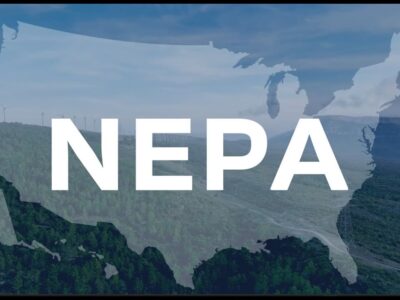A Pale Echo of the Sagebrush Rebellion
The latest failed effort at privatization of federal lands shows the modern political weakness of land transfer movements
Republican Utah Senator Lee’s effort to sell significant amounts of federal land through the reconciliation bill is dead – he withdrew his proposal last week. I want to contrast the modern efforts at privatization with another era of calls for transfer of federal lands, the Sagebrush Rebellion of the 1970s. Like Senator Lee’s effort, as well as a similar failed proposal in the House reconciliation bill, the Sagebrush Rebellion pushed for major changes in federal land ownership to state and local government ownership, and it also failed.
But the differences are stark. The Sagebrush Rebellion called for much more drastic transfers of federal land ownership, and its support was much more widespread in the West. Several states, including Nevada, Utah, Arizona, New Mexico and Wyoming, passed laws demanding the transfer of all federal lands not in National Parks or Forests (so all Bureau of Land Management lands) to state ownership. Similar legislation passed in California (but was vetoed by Governor Brown), and Washington state (where it was defeated by a voter referendum).
Compare with the current state of political affairs. Both the Senate and House proposals were much more limited in their scope of potential transfers. Only one Western state legislature, Utah, has supported land transfer legislation. A recent effort to enact similar legislation in Wyoming just failed. A lawsuit by Utah seeking to force transfer of those lands was only supported by Wyoming, Idaho, Alaska, and the Arizona legislature (but not the governor) in the form of an amicus brief (a fairly minimal level of effort). Republican members of Congress from Idaho and Montana were critical in stopping the proposed land transfers at the federal level. And there was sharp opposition to the proposal not just from those on the left, but also from many on the right.
The big picture takeaway is that the politics around federal land ownership in the Western United States have changed dramatically since the 1970s and 1980s. Westerners in general see federal land ownership as a net positive, in large part because it provides for public access for recreation that is valuable in and of itself for quality of life, and is also an important economic engine in much of the West. I do expect more legislative action to take place about limited transfers or sales to address pressing housing and infrastructure needs in a few Western communities, but I would be surprised if we see a similar effort for large scale transfers to states or local governments in the near future.





Reader Comments